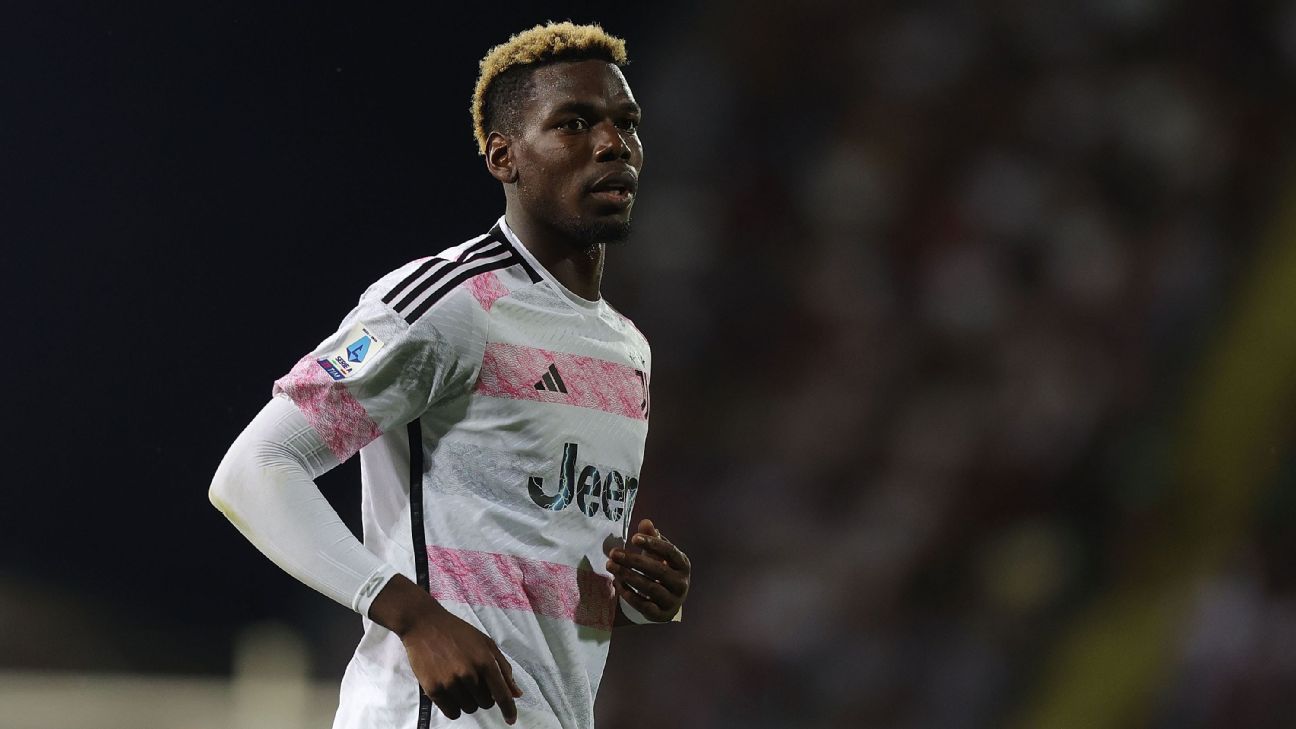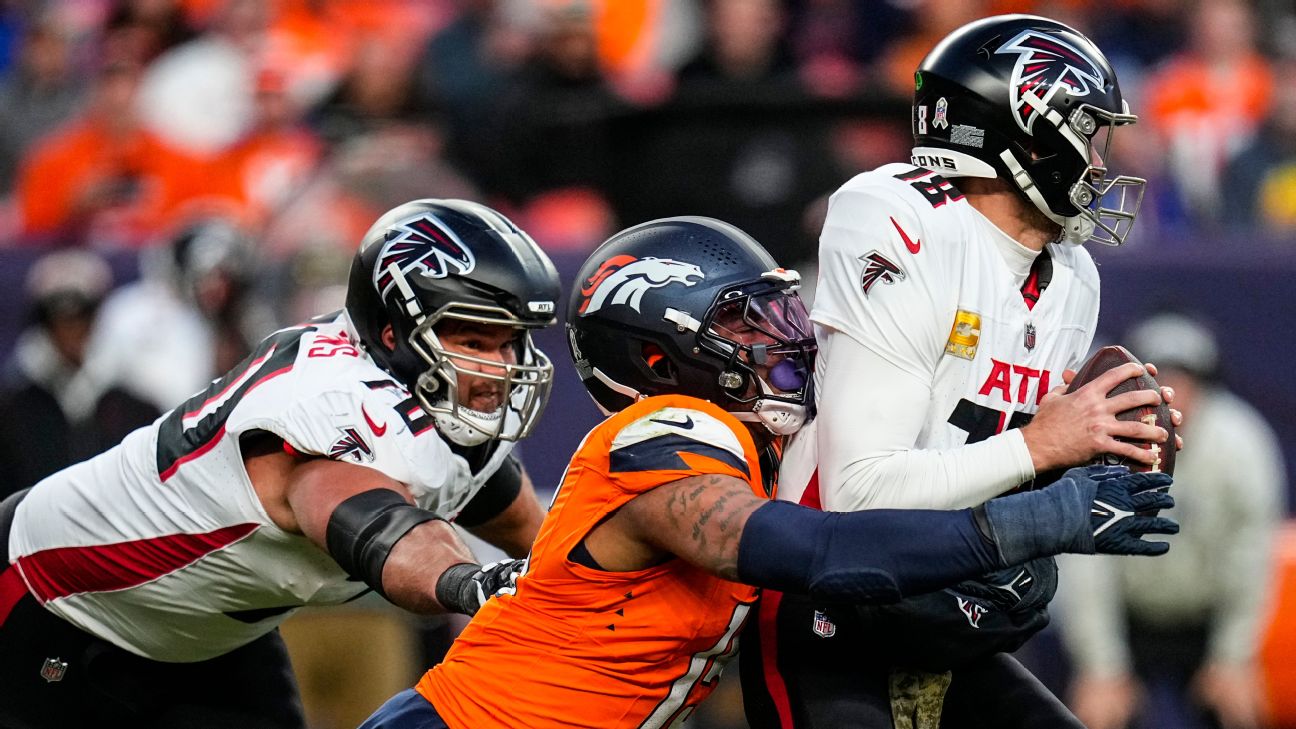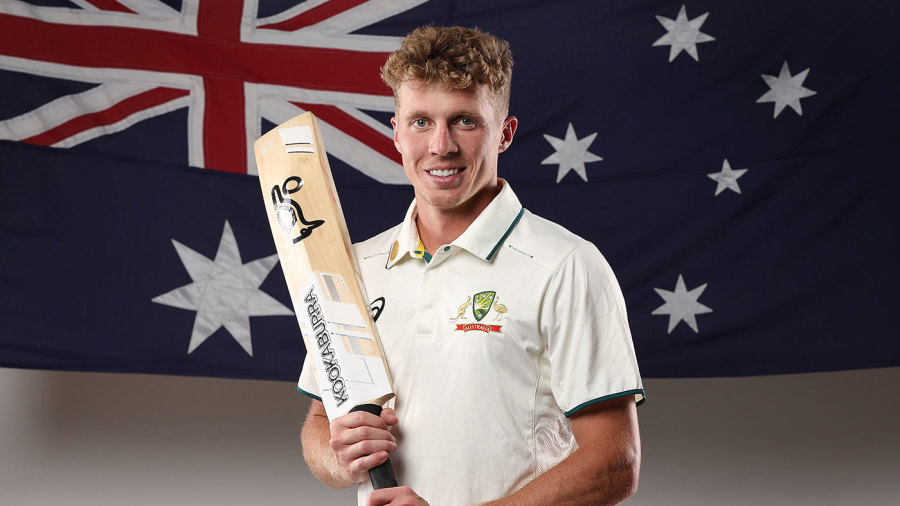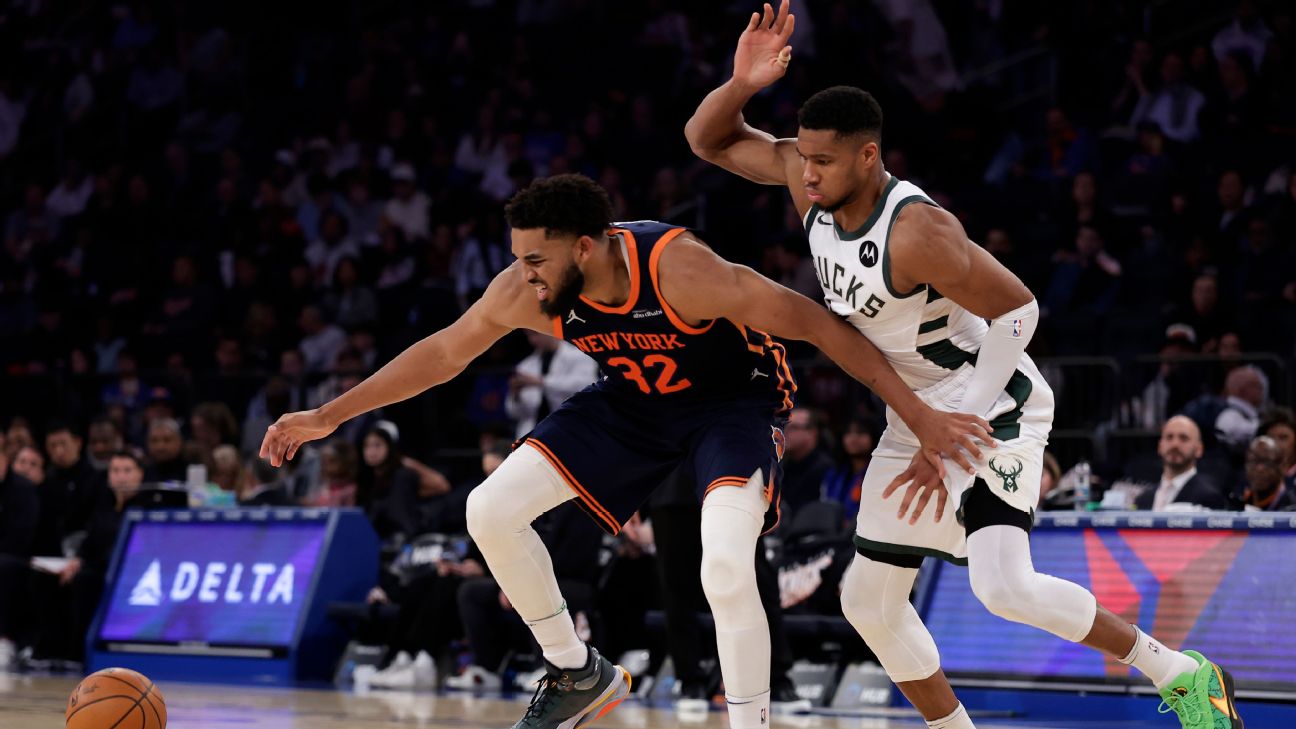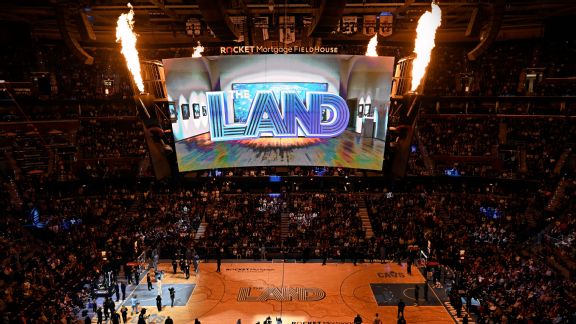![cricket:image:1460110 [900x1125]](https://a.espncdn.com/i/cricket/cricinfo/1460110_900x1125.png)
Where is College GameDay in 2024
Rahul Dravid's iconic scores of 233 and 72* in India's victory in Adelaide 2003-04 has emerged the winner of Awesome in Australia: India's best performance down under in the 21st century, a fan poll conducted across ESPNcricinfo, Star Sports and Disney+ Hotstar. The exercise began with a shortlist of 16 performances and accumulated nearly 1.3 million votes; it culminated in the final, where Dravid's innings got 61.5% of the votes against Rishabh Pant's 89* that won India the Brisbane Test in 2020-21.
Twenty-one years on, 233 and 72 not out are numbers etched in Test cricket folklore. But what our latest exercise has shown is that it's still fresh in fan memory, because it's managed to beat a lot of performances from recent years and series victories. How does that make you feel?Rahul Dravid: I'm grateful for it, but I wouldn't have voted for myself! I've probably got a lot of recency bias as well. The way India has performed in Australia over the last two series in particular, winning series there, I think that counts for a lot. However great my performances were, or our performances were, we couldn't actually win that series. We came close, but we couldn't get the wickets on the final day in Sydney. The last two teams that have gone to Australia have done that and that's a fantastic achievement, and some absolutely sensational performances right through those - I don't know which of those made your list.
I can inform you that in the final round of voting, you beat Rishabh Pant's 89 not out at the Gabba. Geez, that's a tough one to beat (laughs)! I think Rishabh's was an absolutely incredible performance. Watching Rishabh there, chasing to get 89 to win that Test in Gabba, with everything on the line, with such a depleted side. To put in that kind of performance under that kind of pressure, truly sensational. And what a special cricketer he has been. He's just taken to Test cricket like a duck to water. It's just phenomenal. After [MS] Dhoni left, you felt that it might take time for someone to come in and replace him. I'm not saying he's replaced him, but certainly, in Test cricket, his performances have been absolutely sensational.
Let's go right into the heat of the battle in Adelaide: Australia have smashed 556 in one and a half days. You've walked in, seen wickets fall, 85 for 4, VVS Laxman joins you in the middle. What are you thinking at that time? I'm just thinking I've got the captain run out, I better do something meaningful (laughs)! My mistake Sourav [Ganguly], that one - that one I'll own up!
I think you're just trying to bat, you're just trying to build a partnership. Five-hundred fifty-six is a huge score. You're just trying to stitch together a partnership. We've lost four wickets and you're just trying to think about getting close and batting together. The thing with Laxman and me is that we'd had some really big partnerships before that. We'd done it once in Kolkata in 2001. Even in a domestic game once, for South Zone against West Zone [in 2001], we had a really big partnership. So we had batted a lot together and built these partnerships. Not that we were thinking about that when you go there, but the idea was really just to bat and try and stitch something together.
As the partnership grew - the wicket was a pretty good one to bat on - the ball got a bit softer, runs started flowing a lot easier. And it was always nice batting with Laxman because he's just such a beautiful player to watch and someone who attacked back. In some ways he complemented me quite well in the way we went about our innings.
You think of 300-plus partnerships, especially when you look at scorecards many years later, and think the batters must have dominated. But there were lots of passages through this partnership where runs weren't coming easily. In the first session on day three, runs were really hard to come by [India added 72 runs in 32 overs to their overnight total of 180 for 4]. What do you remember of those periods? I don't remember too much! I try to move on from things, but certainly I know that it wasn't all one-way traffic. They challenged us, as you would expect with Australia, and there were spells and periods you had to see through, especially when the second new ball came on. You felt there were periods where you had to ensure that you didn't lose your wicket, and you were able to get through those periods.
But in general, Adelaide is a really fast-scoring ground. The square boundaries are really small, and you could capitalise on any width they gave you or anything overpitched. It just felt like that kind of wicket where there was value for your shots and you could play them, and I think once we got through some tough periods, we just kept doing that.
Let's jump to the middle of day three. It's a Sunday afternoon in Adelaide. You and Laxman have fought through till lunch and beyond. You've faced 222 balls, no risks, no chances. Then, of the 223rd, comes something different: the only six of the entire Indian innings. What happened there? It was instinctive. He [Jason Gillespie] bounced [the ball] and, in general, I would pick and choose when I played the hook shot. Early on in the innings, if the ball was hard and new, I avoided playing the hook or the pull. For some reason I just went for it, and I knew I didn't get a really good connection, and I thought, oh my god, that could have gone anywhere. But luckily it was a pretty short boundary, so it went for six, and a really happy moment to get a hundred that way. But I wasn't thinking about it, it just happened instinctively. It's one of those - you see it's short and you go for it. I think they had only one guy at deep fine leg, they didn't really have a deep square leg. So maybe that was subconsciously in the back of my mind as well, and just made me go for it because I felt I saw it early.
Two things that felt out of character in that moment: the shot and the celebration that followed. If we look through your 36 Test centuries, and even add the 12 ODI ones, there are two which stand out in how visibly pumped you were in your celebrations - both in Tests against Australia. Just a sign of how much it meant to you? They were the best team of our generation or of that time. So any runs against them was always special. Also, doing that in Australia - we weren't expected to particularly do well in that series. We saved the [first] Test match in Brisbane. Weather did help us in saving that match, and then we came to Adelaide. Just to be able to get that hundred, [after] losing four wickets. I haven't gone through the way I have celebrated all my hundreds, but yeah, I think any runs against Australia seemed to have a lot of value during that period.
Coming into this game, in four Tests in Australia before this, you had scored 137 runs. Was that eating away at you? Yes. In a sense I hadn't had a great tour in 1999. It was the first time I went to Australia. I always wanted to do well in Australia. As a kid, getting up really early in the morning to watch Test matches in Australia or to listen to commentary, there's some great visuals of Test matches there and these are iconic grounds, right? You've grown up hearing about them, you've heard of the greats of India who've played on these grounds, so you want to be part of that. Going there in 1999 and having a really terrible series was a big disappointment.
In some ways it forced me to course-correct and recognise that I needed to develop certain areas of my game and constantly get better. So yeah, there was certainly a determination to come back the next time around and do better.
Could you talk a bit more about what particular areas you worked on before 2003? Not specifically, but I just think I had to open up my off-side game a little bit more. Growing up on the mat in Bangalore and playing a lot of cricket on matting wickets, you tended to be a very strong leg-side player. But I think my off-side game was not as strong as it should have been for international level and people bowled a lot more on the channel outside off to you, so it meant that I had to develop that skill quite a lot. The cut shot, maybe the cover drives, ensuring I got fully forward and back. Very basic stuff. It's not like one thing I had to do, but just the realisation that when you go to these places you have to be at the top of your game if you want to succeed.
If you look at 1999-00, one of the things that stood out is that Shane Warne was getting you out a few times. In Brisbane in 2003, with the Test petering out to a draw, you faced Stuart MacGill in the second innings and hit him for two fours and ran a three. How much did that affect your confidence going into Adelaide? I don't think I was thinking about it too much. Maybe I got a few runs. I think I was not out at the end in Brisbane.
You made 43 not out off 47 balls. Okay, didn't know the number! But yeah, I'm sure any runs that you score give you some confidence, some belief that you're batting well, things are working. I got out early in the first innings, so obviously just being not out in the second would have given me a bit of confidence.
We went quite early on the tour and played two practice games. I think we reached almost two weeks before the first Test started, so by the time we got to Adelaide, we'd been there for a fair length of time and just getting used to those conditions and those wickets really helped. More than the 43, I think [it was] the fact that I just felt really prepared going into the Adelaide Test.
Does that point to how much cricket has changed in the two decades since? India used to go much earlier but with the schedules now, you have an Indian side arriving in Australia barely getting time to warm up. I think this one's a little bit better. They've been able to go at least ten to 12 days before [the start of the first Test]. But yeah, I've been a coach for a while, and I think that was one of the biggest challenges I faced - finding time to prepare your teams because just the sheer volume of cricket that is being played. I mean, we are lucky India is able to play two separate teams. So there's a team in South Africa playing four T20Is, which has no relation or connection with what is happening in Test cricket, and we are able to be very successful there. But you can just imagine if you had to play that and then go from there to Australia. So just the nature of tours and schedules has become such that it's very hard to have that kind of preparation time.
Those were great days. My first tour in 1996 in England, we had six or seven practice games before I played a game. You can't even dream of those kinds of tours and those kinds of times, which is a shame, because I think the beauty of some of these tours used to be that you get to spend a lot of time in the country and get to play some of these "less pressure" games to build your game. It's tougher on the current cricketers because they don't get those levels of opportunities. But the flip side is they get a lot more exposure.
When we went to Australia in 1999, the team before that to have gone was 1992, and then we went in 2003. So for four years in the middle you never went, you had no exposure to that country. I think today, because of A tours and because of one-day cricket sometimes being separate, you get a lot of exposure to these countries without necessarily going there to play Test cricket. It's just different generations, different eras, different schedules.
The one thing markedly different going into this particular series is that for the first time in 25 years, India arrive in Australia without you or Cheteshwar Pujara at No. 3. That role has been vital to India's success in Australia over the years. Is that a role they could miss? Well, they've got Shubman Gill, who is a terrific player. He's had some great success in Australia the last time. Everyone talks about Rishabh's 80 [89] and rightly so, but I think Shubman got 91 to set the game off on that fifth morning. So no, he's a fine, fine player, he's a great kid and he's learning. Bats differently, slightly, to me and Pujara, but still a very, very good player.
Runs on the top will be important. Now whether it comes from one, two or three or four, it doesn't really matter. You're going to need one of that top four or two of the top four to have a great series. That really helps in Australia. With the Kookaburra ball and those conditions, if you can get through that initial period and have your top four soak in a lot of that period, it really allows your lower order to be able to control and dominate those games.
It's not about missing me or Pujara. They are just going to need runs from the top four, two of them at least.
Back to Adelaide 2003 now. We are into day four: with your double-century, you have ensured that Australia's lead is only 33. The Test match is about 290 overs in, and you've been on the field for all but 12 of those. Were you knackered? I was tired, but when you're batting well, you're never really tired. There's tiredness, but there's so much mental freshness and clarity and you're just loving batting there. I remember the weather being warm, but not excessively hot as it can get in Australia at times. Really pleasant days of cricket and what greater joy is there than to bat and score runs? I think that's what we all play for. That's what you train for, that's what you practise for. So obviously a little physically tired, but just remember being really excited about playing and batting well.
Lucky for you then that Ajit Agarkar ensured you were back to batting in the second innings very soon! In the course of less than two sessions, the Test match had turned on its head. You've spoken about the second innings and that you didn't feel that much in control. Had it gotten tougher to bat? It had got a little bit tougher to bat. The wicket was a little bit more up and down as it can happen in Adelaide. It certainly started doing a little bit more and run-making wasn't easy. It became a bit slower, started deviating a little bit more off the cracks.
But Ajit's spell really gave us a chance to be able to set up the fifth day. And that's the thing about being a batsman, right? However many runs you score, you need your bowlers to be able to take 20 wickets, and that was a special thing. Even if they had scored 50 or 60 more runs, it would have become very difficult for us to potentially chase that on the last day because even if they hadn't been able to get us out, they could have very easily slowed the game down to the level we wouldn't have been able to score those runs.
It actually worked out perfectly in some ways. They got a little bit of a lead, but Ajit's spell meant that we were chasing 230 and not 280 or 290 suddenly. And the game finished on the fifth day after tea. So those 50, 60, 70 runs probably would have ended up in the Test becoming a draw. That's how fine those margins were and just the fact that we were able to bat on the fourth evening meant that we knew we had a chance on the last day. A really, really good spell from Ajit to knock over Australia.
I remember waking on the fifth day thinking the job is really half-done, even though I was tired and had been on the field for a long time.
I think one of the things that gave me a lot of satisfaction in that match, apart from the runs I scored, was the catch I took, [to get] Damien Martyn off Sachin [Tendulkar]. Those are things you really remember about those matches. A critical phase in the game, to be able to pick up that catch [to get] Martyn. And then Sachin got [Steve] Waugh out as well, I think?
Both those wickets were: bowled Tendulkar caught Dravid… It was lovely to take those catches and play a role in that part of the innings as well. No one is going to give me the ball (laughs), but it was nice to take some catches.
Between the fatigue of having spent so much time out in the middle, the knowledge that batting was now tougher and the enormity of what was now seemingly attainable - a win in Australia - do you rate this among the more demanding innings you've played? Yeah, it was a tough one. I mean, it was very satisfying. To be able to score that 72 and be there at the end and stay not out, it's always something you dream of. It's things you've dreamt of as a kid. You go to these foreign lands and this is what you want to do, to be in that position, to be able to actually do that. And as you get to about ten to 15 runs from winning, you think, okay, we've got this covered now.
It was a really good feeling of satisfaction, and just to soak in that crowd and the atmosphere and the number of Indian fans that were there, and to know that we were on the cusp of something quite special for us as a team because we hadn't really done it. Over the years people have done it a lot more often and it's become a little bit more regular now, but we probably hadn't won a Test in Australia for, I don't know how long before that…
Twenty-two years.Twenty-two years, right. It just felt like a really, really nice thing to be a part of.
There's also a great sporting moment from the finish: Steve Waugh fetching the ball from the square boundary and handing it to you as you walked off in celebration. Yeah, hats off to him and great respect for Steve. I grew up admiring Steve a lot in a sense. I remember having conversations with him when we played against each other in 1995, 1996. Always really admired the way he went about playing his cricket and the kind of fight and toughness he showed. Just for him to have the presence of mind to be able to pick up that [ball] and give it to me and say that's something you will cherish in the future. And he was right. I got him to sign it, and I have it… I have some stuff I have collected, and the ball is one of those ones that is really special.
There are great accounts of you staying back in the dressing room, soaking the moment until hours after the Test was over. I've also read one account which says the only time you were on unsure footing throughout the Test was when you made the walk back to the hotel room after the dressing-room celebrations were done. (Laughs) Yeah, again, I think sport is about memories, great memories. A lot of the details like what you've asked me about this Test match, yes, some of the stuff does just come back into my mind when you ask these questions, but I don't really remember the nitty-gritties. A lot of the stuff you've asked me, I've had to scratch my head and think about and I can't really remember. But it's these memories, right? When you win games and celebrate with your friends in the dressing room with a couple of your team-mates and drinking cold water, it's great fun.
It's things you remember, it's memories you have. And yeah, I think we really celebrated and enjoyed that. Even today, some of us, when we meet, we talk about being there and just really enjoying that, when there was no one left on the ground.
I tell a lot of the young players I coach to now that in the end you will become 50, your hair will become white, it's a fact of life. But I think you don't so much remember the runs you made and the centuries you scored and your stats. I mean honestly, it all goes off, right? Somebody else comes in and does it, but it's these special moments that stay a part of you.
Can you confirm that the two architects of this victory, yourself and Ajit Agarkar, were the ones who consumed the most "cold water"? I'm not speaking for Ajit, man, he can speak for himself. Ajit has better capacity for "cold water" than I have, that much I'll admit. Sorry Ajit! (manic laughter)
That's great - 21 years later, the two of you in tandem, as coach and selector, also have a World Cup win. And that takes me to my final question: Adelaide 2003 or Bridgetown 2024, the moment you treasure the most? Oh, again, it's hard to… they're all great memories. You can't. People keep asking me: rank this and rank that. I can't rank my innings. How do you rank memories? It is like saying what is better: the birth of your first child or your second child? I mean, I am not comparing these innings to my children, please! That's an incredible, much bigger memory. But…
Let me rephrase then. Adelaide 2003 and Bridgetown 2024 - what is the difference between the two moments? I think the difference is that in Bridgetown, you are just a facilitator. In Bridgetown, what me and my team did was we helped Rohit and his team achieve it. I didn't score a single run in Bridgetown. I didn't take any catches or wickets or anything. But we facilitated it, we are part of a journey, there to help and support Rohit and his vision, and his team and what they're trying to create. There's a great satisfaction in that and there's a real happiness in that, because it is tough. It's not easy, but it's something you treasure and you're a part of.
In Adelaide you're lucky to have the opportunity to actually do things yourself, to pull your socks up when it's four-down and build a partnership with Laxman, to go out and take those catches, to recognise that a second-innings 70 will probably be more valuable than the 200 in the first innings. And you can do something about it with your skill.
So they're just different in the way they are. As a coach, you just help people achieve their dreams. And I think there's joint satisfaction in both things.



